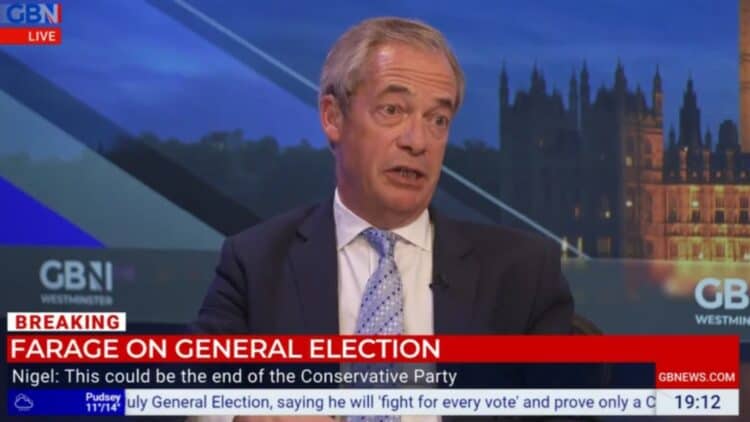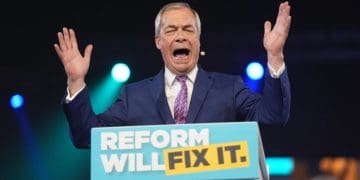A crackdown on MPs’ paid media appearances is being considered under new rules aimed at restoring public trust in Parliament.
The Modernisation Committee, formed to review parliamentary procedures and improve standards, has announced plans to scrutinise whether MPs’ external paid engagements, such as hosting TV shows or writing for media outlets, are in the public interest or pose a conflict of interest.
The committee, established following Labour’s election manifesto pledge, is tasked with assessing the appropriateness of MPs holding second jobs, including media-related roles. The first meeting of the committee took place on Wednesday, where members agreed to prioritise an examination of these external engagements.
The committee’s inquiry will specifically focus on whether paid roles in the media—such as appearances, journalism, or public speaking—benefit the public or create ethical conflicts. Advice will be sought from the Parliamentary Commissioner for Standards to ensure any proposed changes are practical and enforceable.
The decision comes after public scrutiny of MPs earning substantial sums from broadcast contracts. Notably, MPs such as Reform UK leader Nigel Farage and Lee Anderson have hosted shows on GB News, while Labour’s David Lammy previously hosted a show on LBC before stepping down ahead of the general election.
Although MPs are already prohibited from paid lobbying, there are currently no specific limits on their external earnings. However, any payments over £100 must be declared in the official Register of Interests. Recent data from the Westminster Accounts project highlighted that some MPs earn an average of £233 per hour from outside work—significantly higher than the national average wage.
Lucy Powell, leader of the House of Commons and chair of the Modernisation Committee, said, “Serving as a member of parliament is a privilege that demands the highest standards. The committee’s work will aim to improve the culture, working practices, and openness of the House of Commons.”
The committee will consult widely, including with MPs, parliamentary staff, and other stakeholders, to ensure any new rules reflect the needs of the public and maintain the integrity of parliamentary work.
The committee’s review of MPs’ media engagements is part of broader efforts to ensure that MPs’ time and focus remain on serving their constituents, amid growing concerns about conflicts of interest.
You may also like: Major supermarkets go cashless: Sainsbury’s, Asda, and Tesco limit cash options







